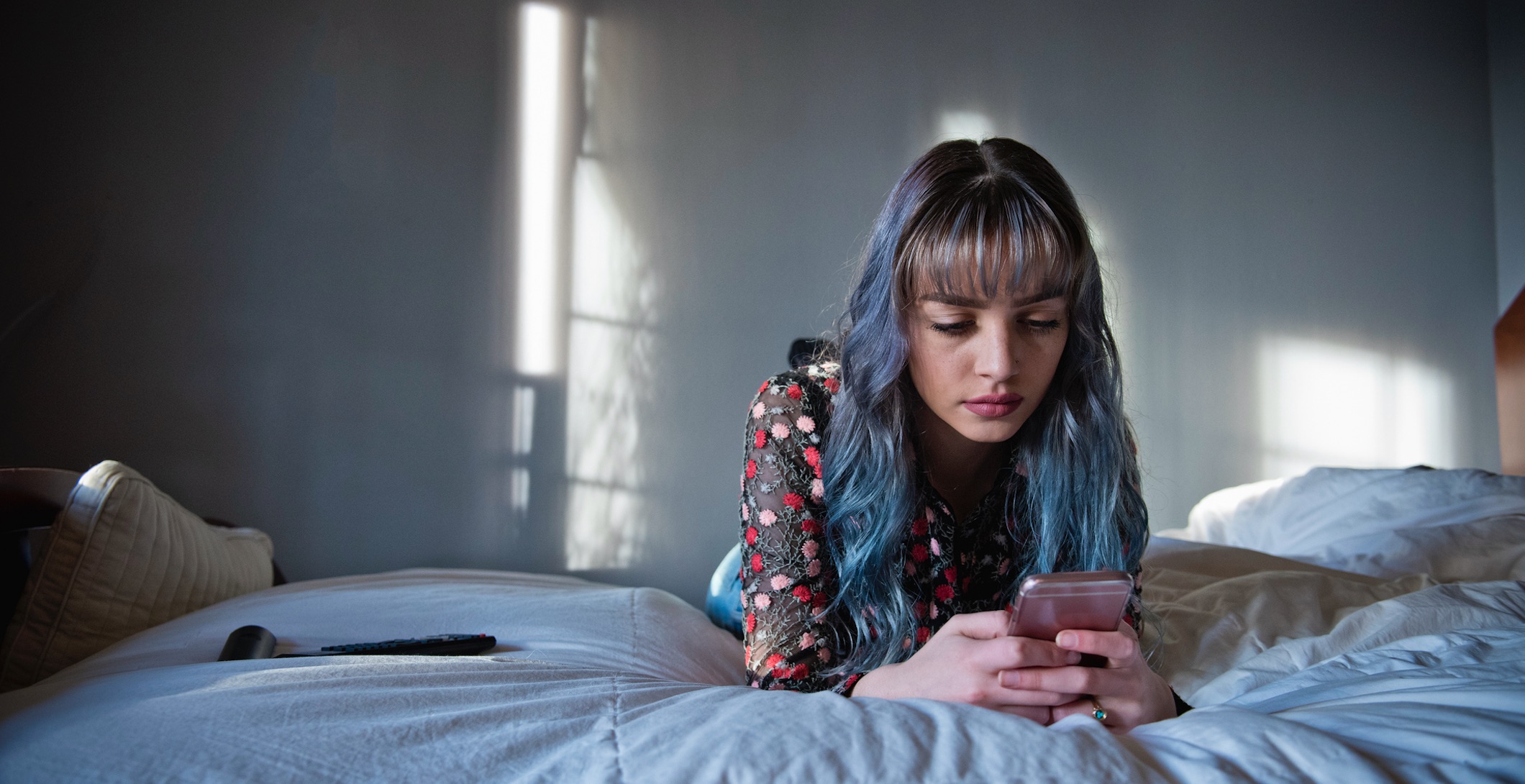Youth mental health is in sharp decline, with girls and women leading the surge in depression, anxiety and worry, a new study has found.
Mental wellbeing over time traditionally follows a U-shape — rising in youth, declining in middle age and rising once more later in life — a finding that has been replicated more than 600 times. But that trend is quickly disappearing due to a decline in youth mental health, particularly for girls, that began about 15 years ago, according to the Dartmouth College-led study. That decline is mirrored by a rise in mental ill health for this cohort.
The study fits with a growing body of research suggesting that social media and internet usage is behind declining youth mental health, particularly for young women. Instagram was founded in 2010, and mental health researchers including Jonathan Haidt have argued that comparison and public judgement on the app harmed girls by increasing self-consciousness.
Daily hours spent online and smartphone popularity rose beginning in 2010, closely matching the rise in youth mental health problems. In 2011 only 10% of young women spent at least five hours a day online, per the study. A decade later that figure had more than quadrupled to 43%. While male and female youth mental health issues have both increased since 2010, the rise among girls was much steeper.
Suicide among those aged 15-24 has risen conspicuously since around 2010 for both males and females, with females exceeding males in several recent years — an unusual occurrence. Despair for this age group has also risen considerably for both sexes since 2009, though females had a higher starting point and saw a slightly sharper increase.
Whereas women under 25 historically had lower rates of despair than their older counterparts, this began climbing in 2010 and exceeded despair for other female age groups by 2018. Despair for males under 25 rose beginning in 2009 and has been close to that of older male demographics since 2017. Despair for all ages of women remains higher than that of men.
The great recession and Covid shutdowns also appear to play a role, though the latter merely exacerbated an existing trend, and the former created lasting career and financial woes. The study did not determine causality, but noted that randomised trials restricting smart phone access demonstrated increased wellbeing.
The social media and mental health connection has been gaining widespread attention in recent years, and several states are pushing to restrict childhood access for this reason, with measures including parental consent requirements and outright bans on accounts for younger kids. These efforts have been met with fierce resistance from the tech industry. “The big question”, as researchers note in their conclusion, “is what to do about it.”











Join the discussion
Join like minded readers that support our journalism by becoming a paid subscriber
To join the discussion in the comments, become a paid subscriber.
Join like minded readers that support our journalism, read unlimited articles and enjoy other subscriber-only benefits.
Subscribe